The Joint Committee on Flooding met on September 11, 2022 for an update.
The WV Emergency Management Division presented on the summer flooding. Once flooding response efforts cease, recovery begins. Several assessments take place to determine assistance needed for recovery. Federal programs can provide relief. Some programs include individual assistance and public assistance, which require certain thresholds to be met before assistance is provided.
During the Summer of 2022, four flooding events have taken place. On July 12th, flooding in McDowell caused over $4 million in damages. The amount of damage exceeded the county and state thresholds required to receive assistance. Damages identified include water and wastewater systems, city parks, Berwind Lake, and roads/bridges.
 From July 26th to August 1st, a flooding event took place in Fayette, Greenbrier, Logan, McDowell, Mingo, and Wyoming counties. Four of the six counties have met their threshold, but the totals have not met the state threshold. Damage information is still being solicited from Logan and Greenbrier counties to determine if damage thresholds have been met.
From July 26th to August 1st, a flooding event took place in Fayette, Greenbrier, Logan, McDowell, Mingo, and Wyoming counties. Four of the six counties have met their threshold, but the totals have not met the state threshold. Damage information is still being solicited from Logan and Greenbrier counties to determine if damage thresholds have been met.
On August 10th, Jackson and Doddridge counties suffered flooding. Damage thresholds for the county were met, but not for the state. Damages identified were Doddridge Senior Center, Jackson County High School, and Ripley Elementary.
On August 14th, Fayette and Kanawha counties were hit by flooding. The damages done met both county and state thresholds. Damages identified were the town of Smithers and sewer lines in Cannelton Hollow.
The agency is working to classify all four events into a single event in order to meet the thresholds to receive funding from the state. Typically, a gap of 72 hours separates events. However, the agency is arguing that the ground did not have time to desaturate between these events. The agency has found support for its argument, and they are continuing to build its package for the Governor to submit to FEMA.
In addition to these events, the agency is working on the May 2020 and 8 other events from 2016 through 2022.
 Next, the committee heard about the types of flooding in West Virginia and why it’s happening. There are two types of flooding that affect WV: riverine and flash. Riverine floods make up 851 of the 1663 floods that have happened in the state since 2007, while flash floods make up 832. Kanawha, Berkely, and Greenbrier have had the most floods since 2007. Flash floods are the greatest hazard in WV because they account for 49 percent of floods, but 65 percent of fatalities and property damage.
Next, the committee heard about the types of flooding in West Virginia and why it’s happening. There are two types of flooding that affect WV: riverine and flash. Riverine floods make up 851 of the 1663 floods that have happened in the state since 2007, while flash floods make up 832. Kanawha, Berkely, and Greenbrier have had the most floods since 2007. Flash floods are the greatest hazard in WV because they account for 49 percent of floods, but 65 percent of fatalities and property damage.
Flooding is on the rise across the US, but WV is seeing some of the worst of it. WV has the highest increased flood vulnerability in the US. It is tied with Louisiana. The reason the state is seeing more flooding is that the air temperature is increasing. The air temperature has increased one degree, causing the atmosphere to expand and hold more water. A small increase in air temperature can cause disproportionately large increases in water vapor.
Extreme rainfall is increasing. Throughout the US, the hourly rainfall intensity has increased. Huntington has some of the greatest increases in the US with an increase of 28 percent since 1970.
Hardening Infrastructure is important to mitigate flooding and prevent damage. Federal programs available to West Virginia include:
- Building Resilient Infrastructure & Communities (BRIC) funding
- Hazard Mitigation Grant Program (HMGP)
- Flood Mitigation Assistance (FMA)
- CARES, ARPA
- COVID-19 HMGP
- Community Development Block Grant – Mitigation (CDBG-MIT)


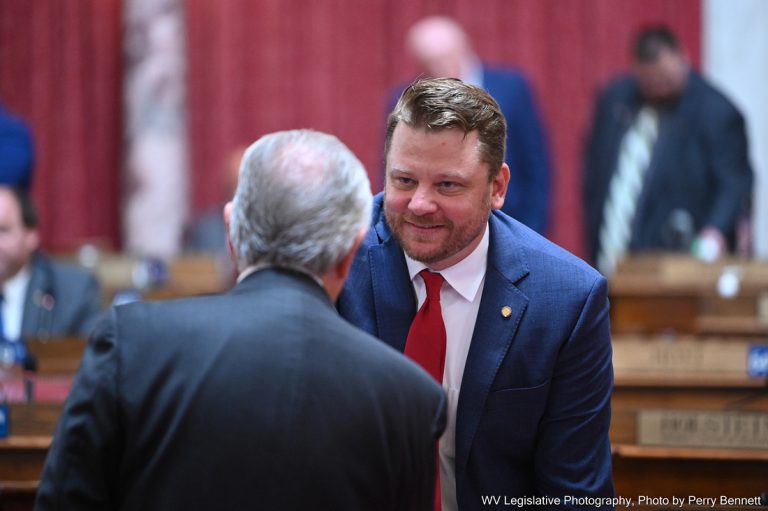
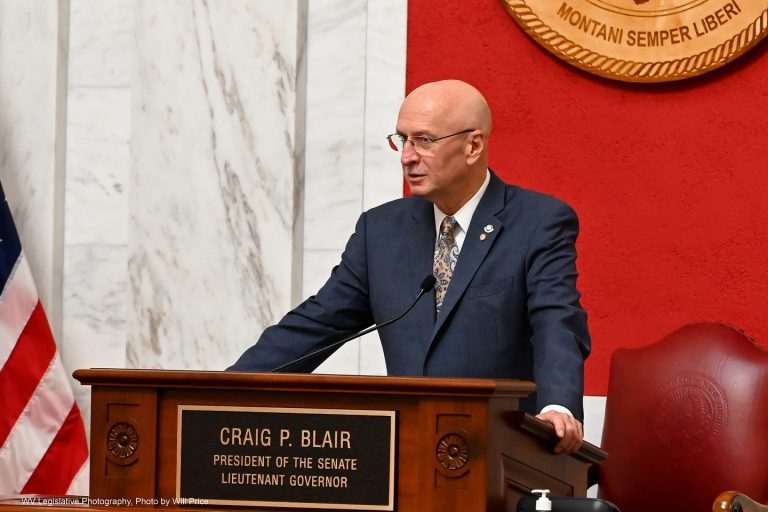
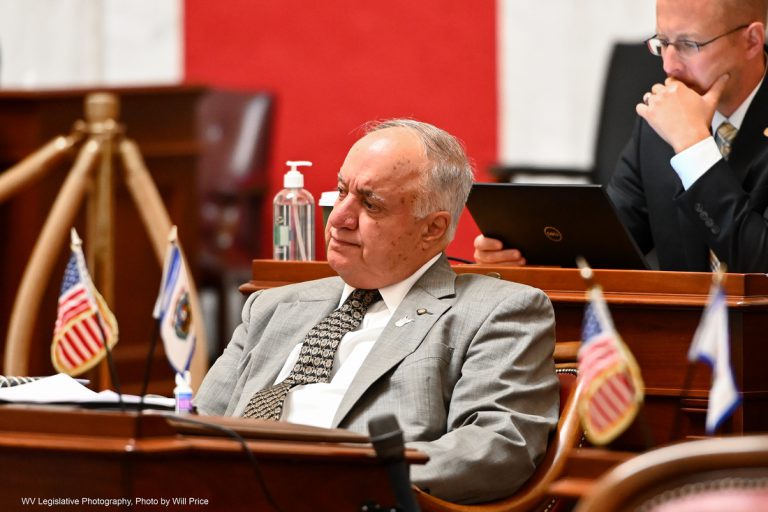
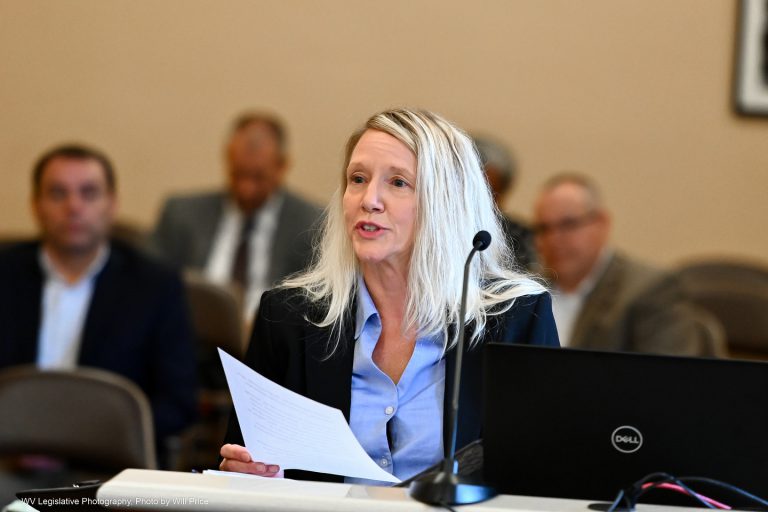
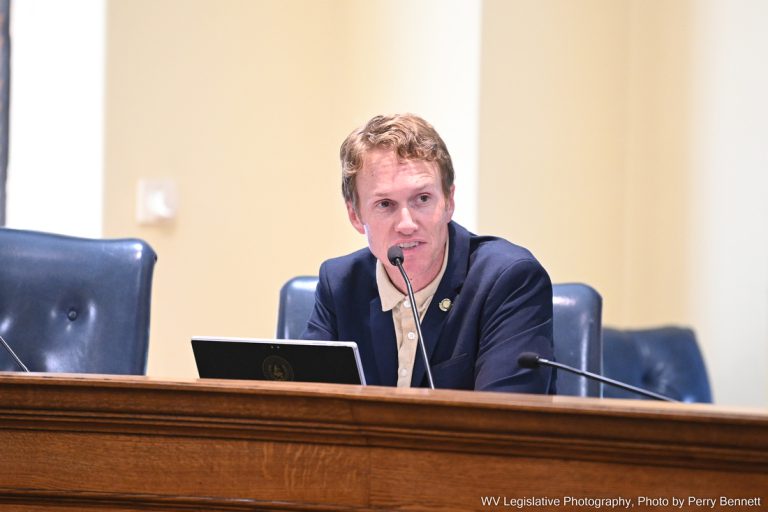
 From July 26th to August 1st, a flooding event took place in Fayette, Greenbrier, Logan, McDowell, Mingo, and Wyoming counties. Four of the six counties have met their threshold, but the totals have not met the state threshold. Damage information is still being solicited from Logan and Greenbrier counties to determine if damage thresholds have been met.
From July 26th to August 1st, a flooding event took place in Fayette, Greenbrier, Logan, McDowell, Mingo, and Wyoming counties. Four of the six counties have met their threshold, but the totals have not met the state threshold. Damage information is still being solicited from Logan and Greenbrier counties to determine if damage thresholds have been met. Next, the committee heard about the types of flooding in West Virginia and why it’s happening. There are two types of flooding that affect WV: riverine and flash. Riverine floods make up 851 of the 1663 floods that have happened in the state since 2007, while flash floods make up 832. Kanawha, Berkely, and Greenbrier have had the most floods since 2007. Flash floods are the greatest hazard in WV because they account for 49 percent of floods, but 65 percent of fatalities and property damage.
Next, the committee heard about the types of flooding in West Virginia and why it’s happening. There are two types of flooding that affect WV: riverine and flash. Riverine floods make up 851 of the 1663 floods that have happened in the state since 2007, while flash floods make up 832. Kanawha, Berkely, and Greenbrier have had the most floods since 2007. Flash floods are the greatest hazard in WV because they account for 49 percent of floods, but 65 percent of fatalities and property damage.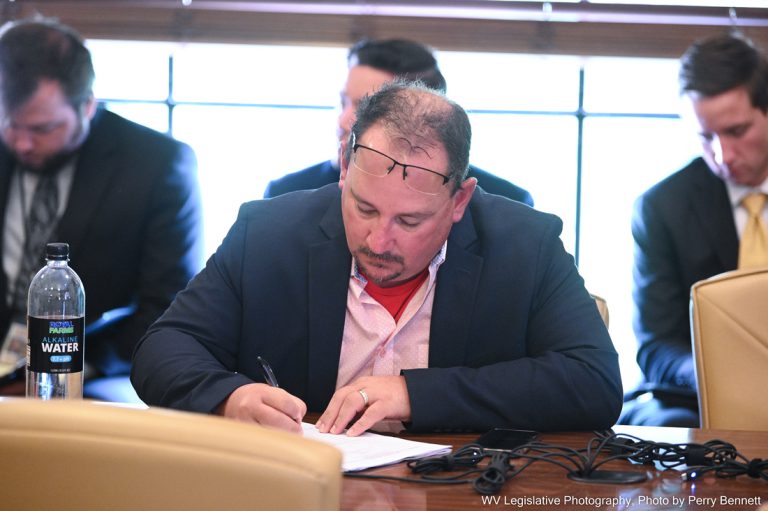
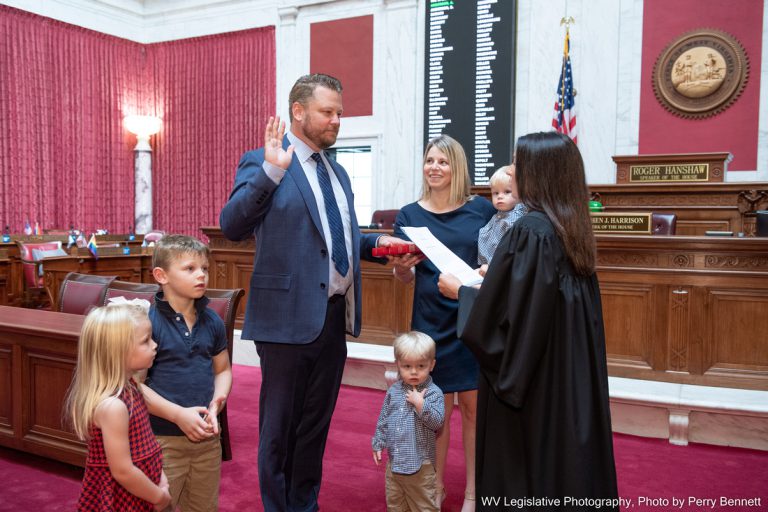
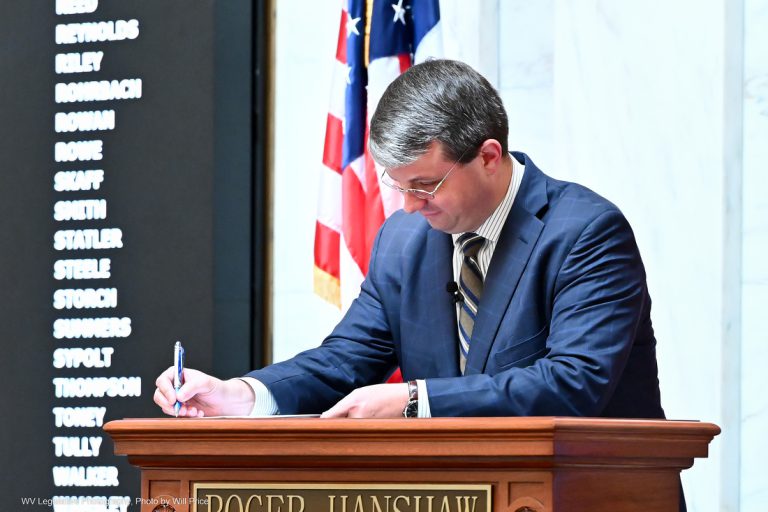
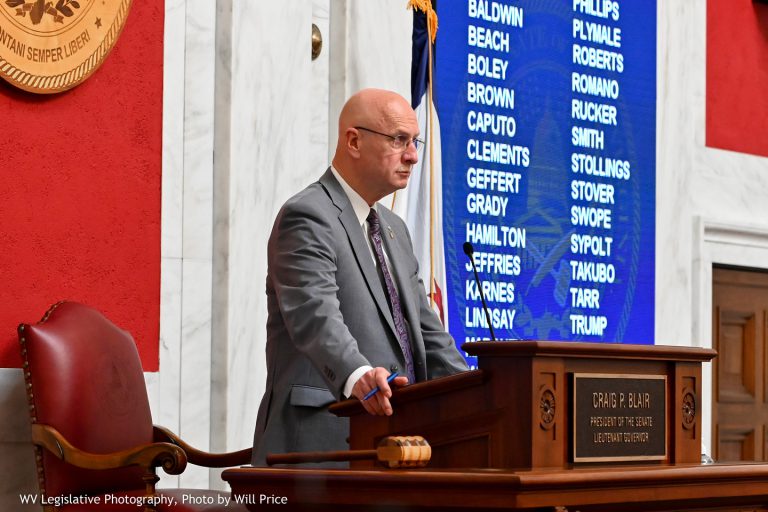

 The House’s amended Senate Bill 3001 does the following:
The House’s amended Senate Bill 3001 does the following: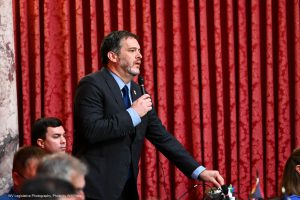 Several amendments to the primary (strike & insert) amendment were adopted.
Several amendments to the primary (strike & insert) amendment were adopted.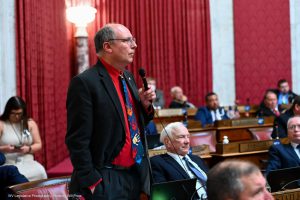 Delegate Ellington’s
Delegate Ellington’s